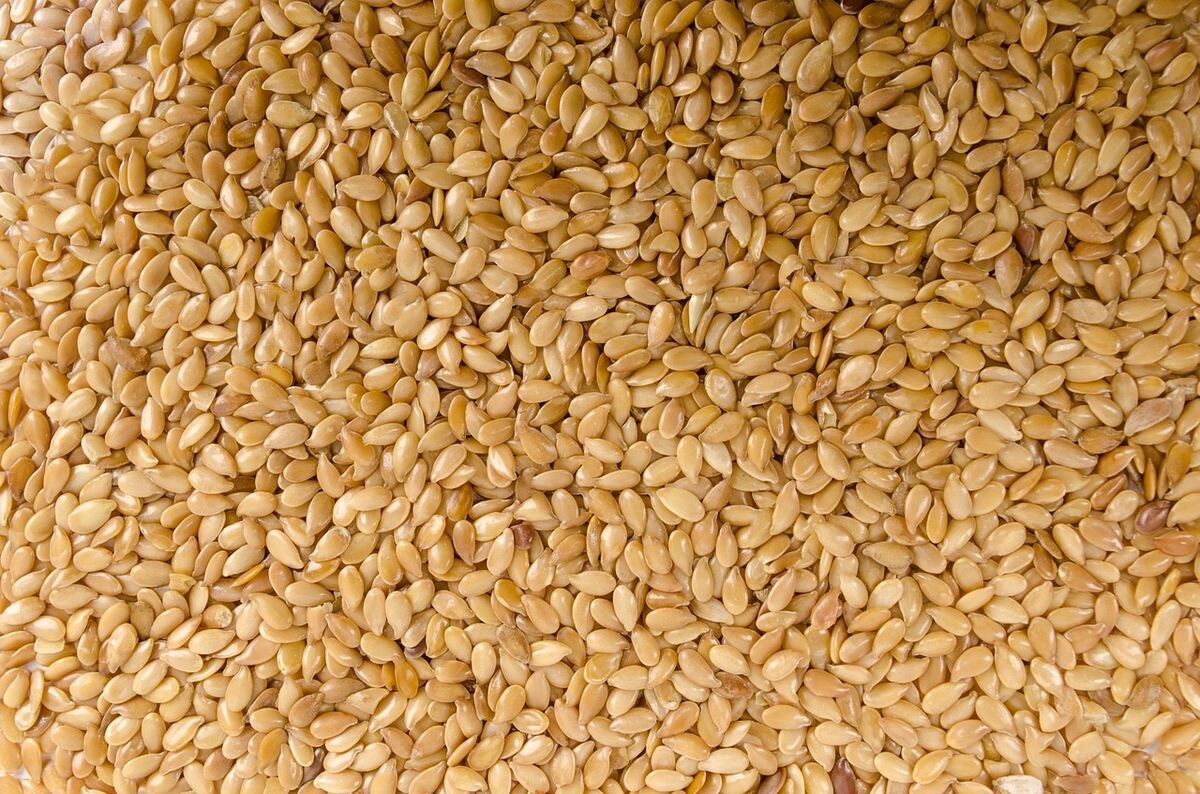Call Anytime
+234 811 666 6111The Role of Sesame P

Sesame (Sesamum indicum L.) production plays a significant role in the economic development of many countries, particularly in Africa and Asia. As a high-value oilseed crop, sesame contributes to various economic activities, including agriculture, trade, and export, thereby enhancing the livelihoods of many farmers and stimulating broader economic growth.
Employment and Income Generation
Sesame farming provides employment opportunities for millions of people, especially in rural areas. The crop's production involves various stages, including planting, harvesting, processing, and trading, which create jobs and generate income for farmers and laborers. In Nigeria, for example, sesame farming, trading, and exporting play an essential role in the economy, providing substantial job opportunities and supporting many households
Foreign Exchange Earnings
Sesame is a crucial export commodity for many countries. In Ethiopia, sesame is one of the top three oilseed crops that significantly contribute to foreign exchange revenues. The export of sesame seeds helps improve the trade balance and brings in valuable foreign currency, which can be used to support other sectors of the economy
Agricultural Development
The cultivation of sesame promotes agricultural development by encouraging the use of improved farming practices and technologies. Research and development in sesame farming, such as breeding for improved varieties and addressing production constraints, help enhance yield and quality. This, in turn, boosts overall agricultural productivity and sustainability
Crop Diversification and Soil Health
Sesame is often grown in rotation with other crops, such as maize and cotton, which helps improve soil health and reduce pest and disease pressures. Crop diversification through sesame cultivation can increase farm resilience and reduce the risk of crop failure, contributing to more stable and sustainable agricultural systems
Economic Stability and Growth
The economic benefits of sesame production extend beyond the agricultural sector. The income generated from sesame farming and exports supports local economies, stimulates demand for goods and services, and contributes to overall economic stability and growth. For instance, in Uganda, sesame is a vital crop that supports the livelihoods of many farmers and plays a significant role in the regional economy
Conclusion
Sesame production is a key driver of economic development in many countries, particularly in regions where agriculture is a major economic activity. By providing employment, generating income, earning foreign exchange, promoting agricultural development, and supporting economic stability, sesame cultivation plays a crucial role in enhancing economic growth and improving the livelihoods of millions of people.

0 comment